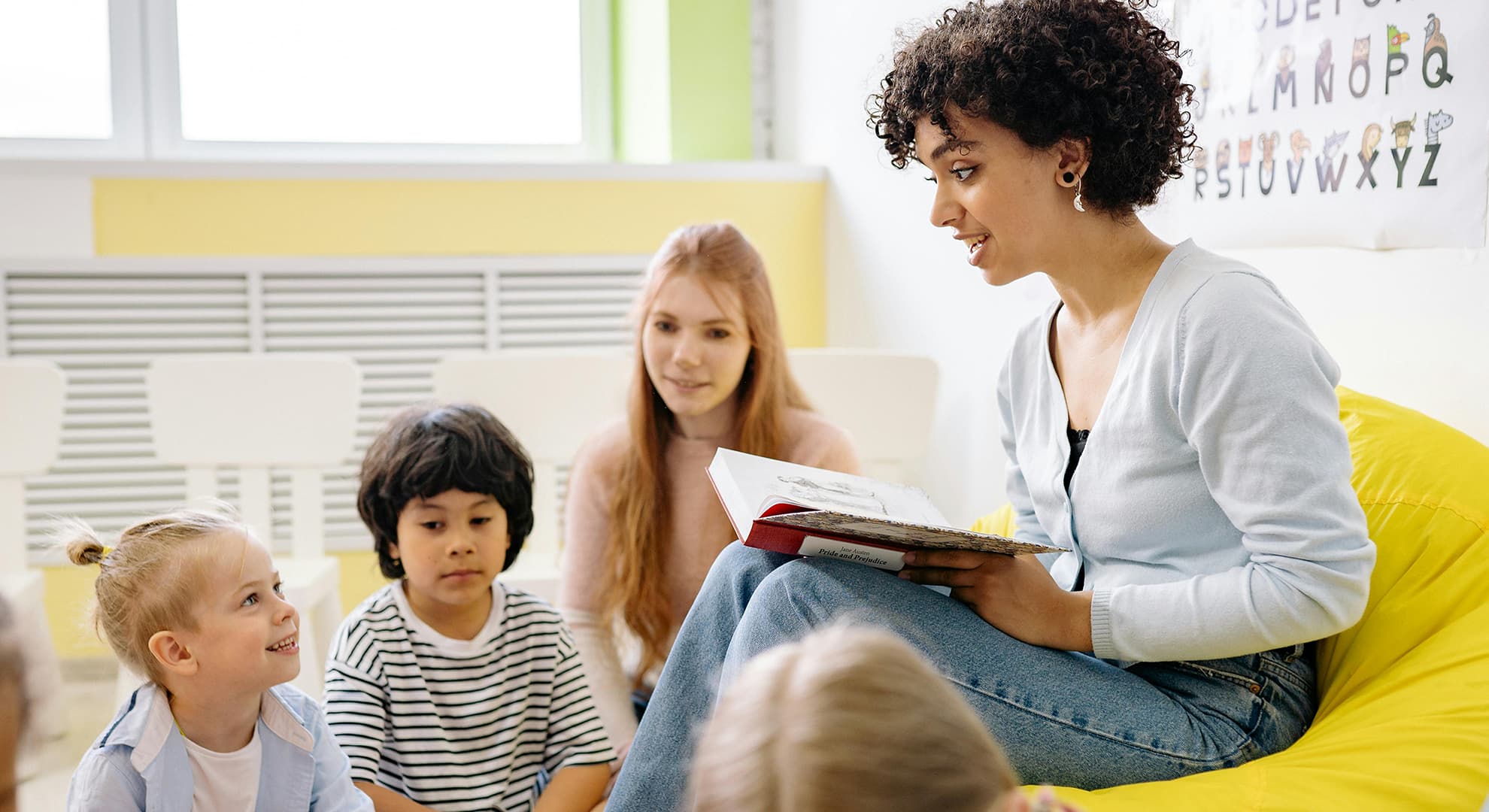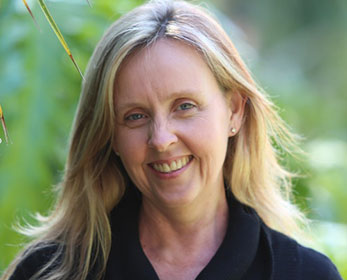The first day of kindergarten is often marked by anxious goodbyes, uncertain smiles, and the hope that young learners will settle into their new routine quickly.
But new research from Edith Cowan University's (ECU) School of Education suggests that schools can do much more than just help children simply 'survive' this critical transition to learning, but instead, help them thrive.
The recently-published Transforming Transitions II report from ECU reveals that a child's first experiences in school significantly shape their long-term engagement, confidence, and learning success.
The study, conducted with the Association of Independent Schools Western Australia, provides a fresh perspective on how schools can improve transition processes to foster meaningful relationships, ease anxieties, and support both children and their families.
Lead researcher and Professor of Early Childhood Education at ECU, Professor Lennie Barblett AM, said for too long transition processes have been designed for efficiency rather than engagement.
"Our research shows that small, thoughtful changes, such as prioritising relationship-building and recognising a child's existing 'funds of knowledge', can make a profound difference in their sense of belonging and success at school," Professor Barblett said.
"This study identifies engagement of not only children, but also families, as the missing ingredient in traditional school transition strategies.
"While schools often focus on logistics such as enrolments, orientation days, and schedules, our findings show that deeper engagement ensures children feel secure and ready to learn."
Dr Fiona Boylan, co-author of the study and Senior Lecturer in Early Childhood Studies at ECU, said that a child's first day at school should feel like a natural continuation of their learning and personal development.
"Children don't enter school as blank slates," Dr Boylan said.
"They bring knowledge, culture, and experiences from their home lives that should be acknowledged and integrated.
A child's first day should feel like a continuation of their learning journey, not a sudden break.
The research strongly suggests that schools adopt a more personalised and flexible approach to transitions, tailoring experiences to the needs of children and their families.
Research co-author Dr Amelia Ruscoe from ECU's School of Education emphasised the importance of leadership in transition planning.
"Schools that embrace transition strategies at a leadership level set the foundation for long-term educational success," Dr Ruscoe said.
"When children feel valued from day one, they are more likely to engage positively with learning and build lasting relationships."
Instead of simply preparing students for school, Dr Ruscoe said successful transitions depend on fostering emotional security, social connections, and family involvement.
"When schools create environments where children feel safe, seen, and supported, they're not just easing a difficult transition—they're setting children up for lifelong learning success," she said.
Barblett, L., Boylan, F., Ruscoe, A. (2025). Transforming transitions II: A summary report. Children, Families and Communities Research Group. Edith Cowan University. https://doi.org/10.25958/zp9r-ep23

 Early school experiences shape a child's long-term confidence and academic success, new ECU research shows. Image credit: Yan Krukau, Pexels.
Early school experiences shape a child's long-term confidence and academic success, new ECU research shows. Image credit: Yan Krukau, Pexels.





